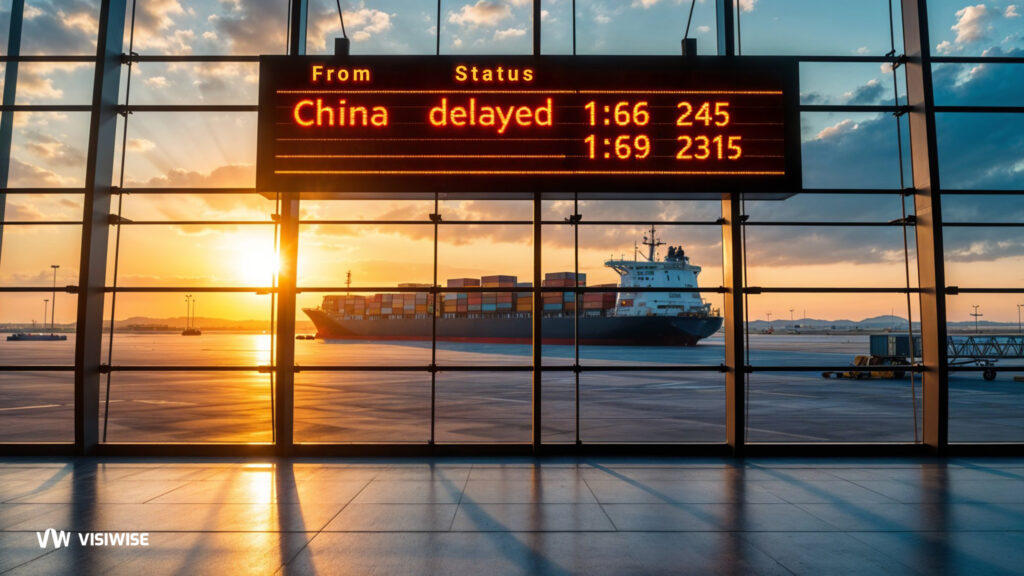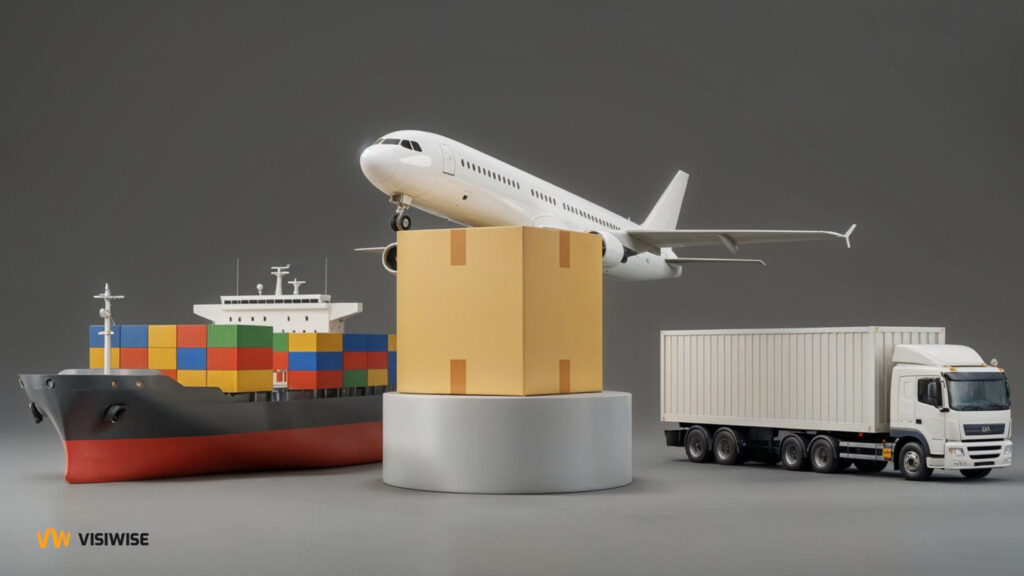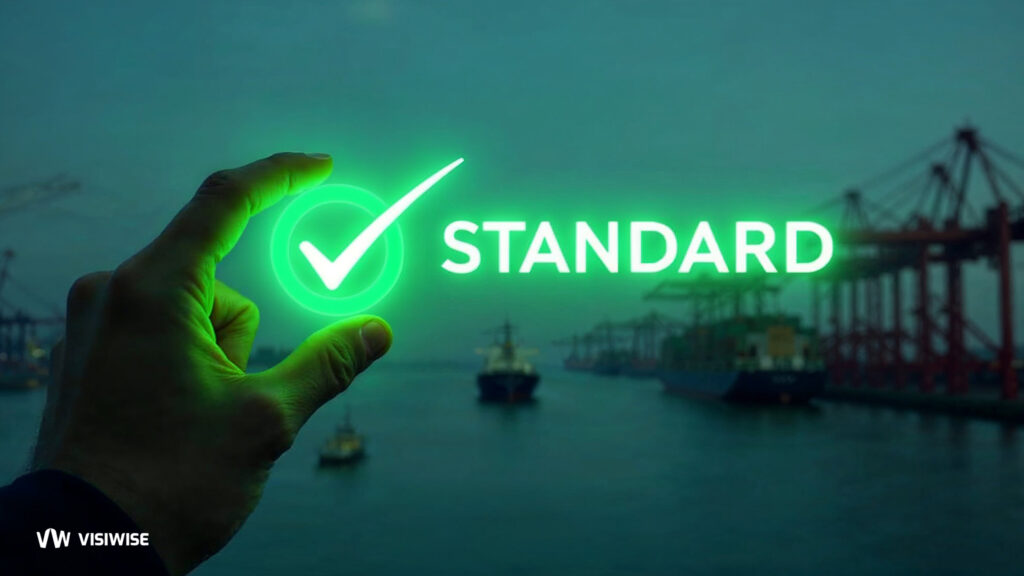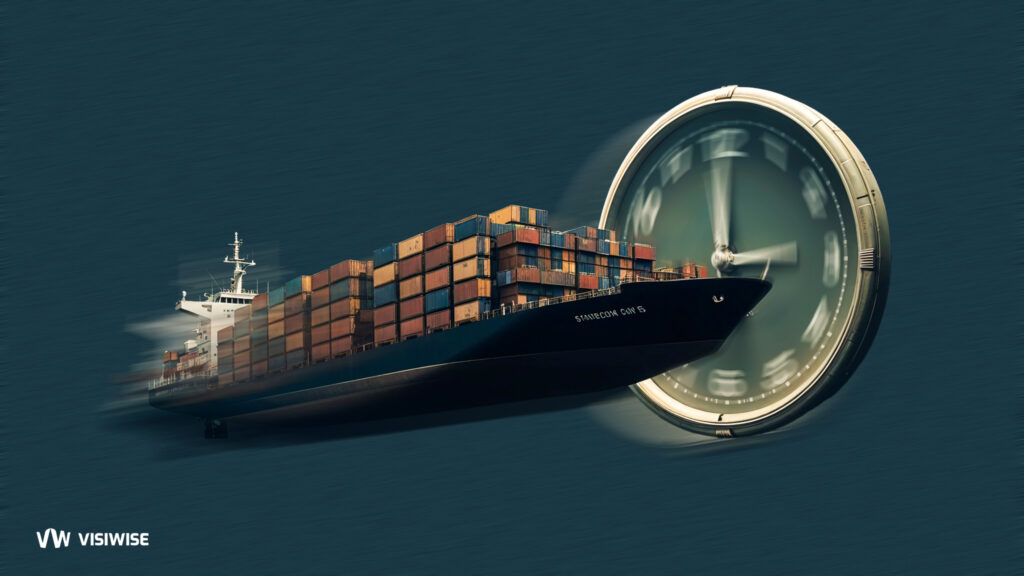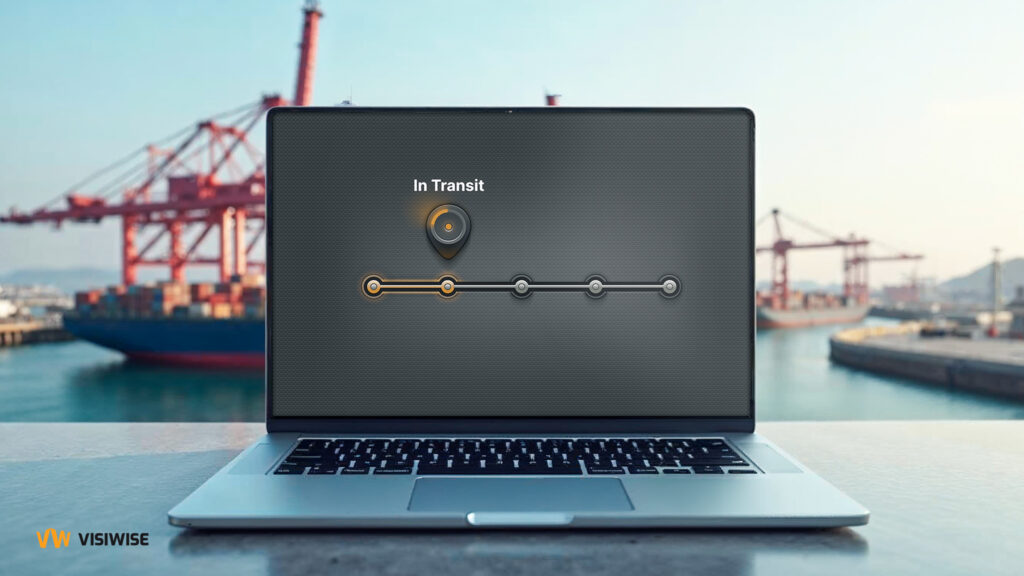The new U.S. administration is contemplating wide-ranging import tariffs, which could massively knock the Canadian and U.S. economies off kilter.
President Donald Trump has imposed a 25 percent tariff on goods from Canada and Mexico, and tariffs on imports from other countries. Such actions could prompt retaliatory steps from trading partners.
.

